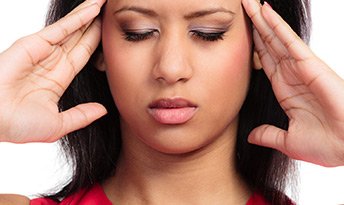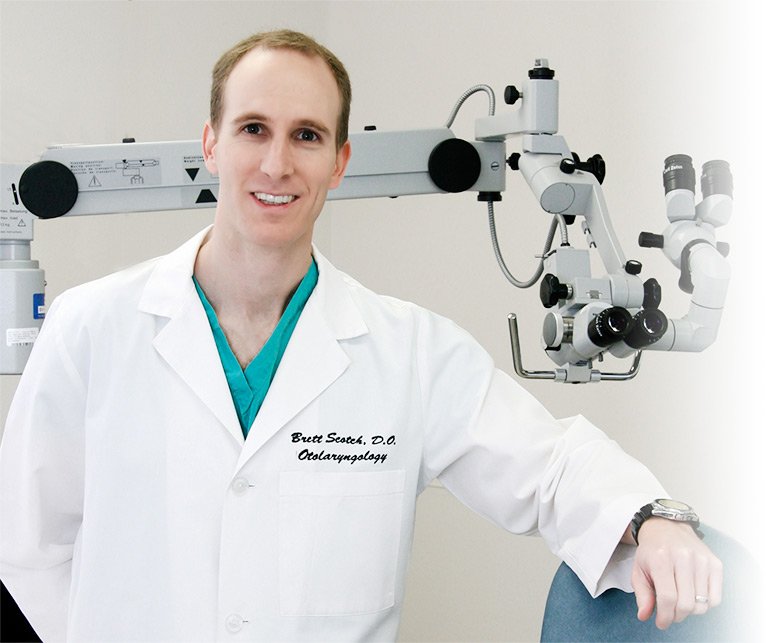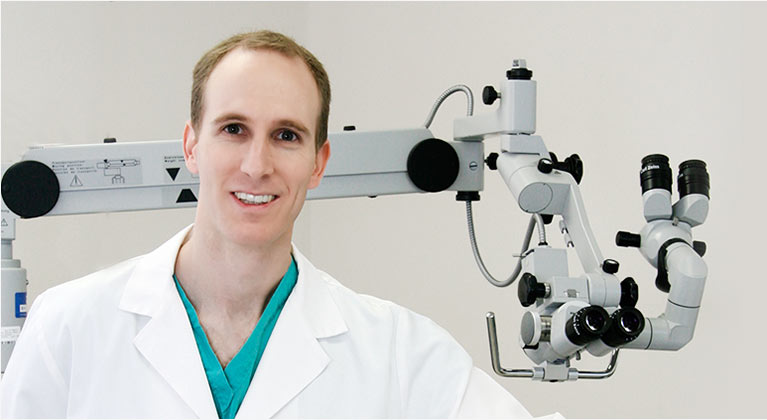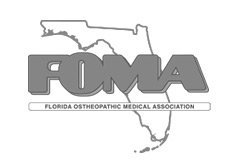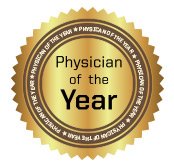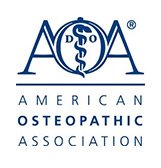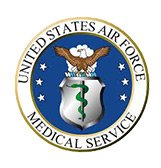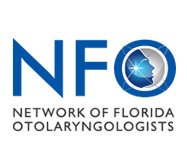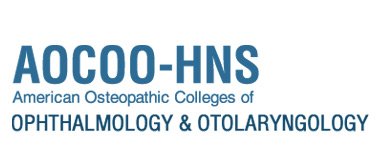Sleep Medicine
Everyone has trouble sleeping once in a while, but if you suffer from poor sleep and fatigue, it is time to take a closer look. The majority of sleep disorders are treatable.
Two of the most common sleep disorders are sleep apnea and snoring. Although most patients with sleep apnea snore loudly, not everyone who snores has sleep apnea.
Signs and symptoms of sleep disorders include:
- Loud snoring
- Waking with a gasping or choking sensation
- Restless or disrupted sleep
- Morning headaches
- Excessive daytime sleepiness
- Difficulty concentrating
- Irritability
- Abnormal movements during sleep
- Sleep walking, sleep talking, and sleep eating
What can I expect at my visit?
A thorough examination of the nose, mouth, palate, throat, and neck will be performed. The exam may include a flexible fiberoptic laryngoscopy, in which a camera is used to allow your doctor to visualize the inside of your throat to determine if there is an obstruction. Finally, you may be sent for a sleep study (polysomnogram) to accurately diagnose the presence or absence of sleep apnea.
Sleep is essential to our performance at work, at school, and in life. If left untreated, additional health issues could arise such as high blood pressure, heart disease, depression, or stroke.
The time to seek help is now.






